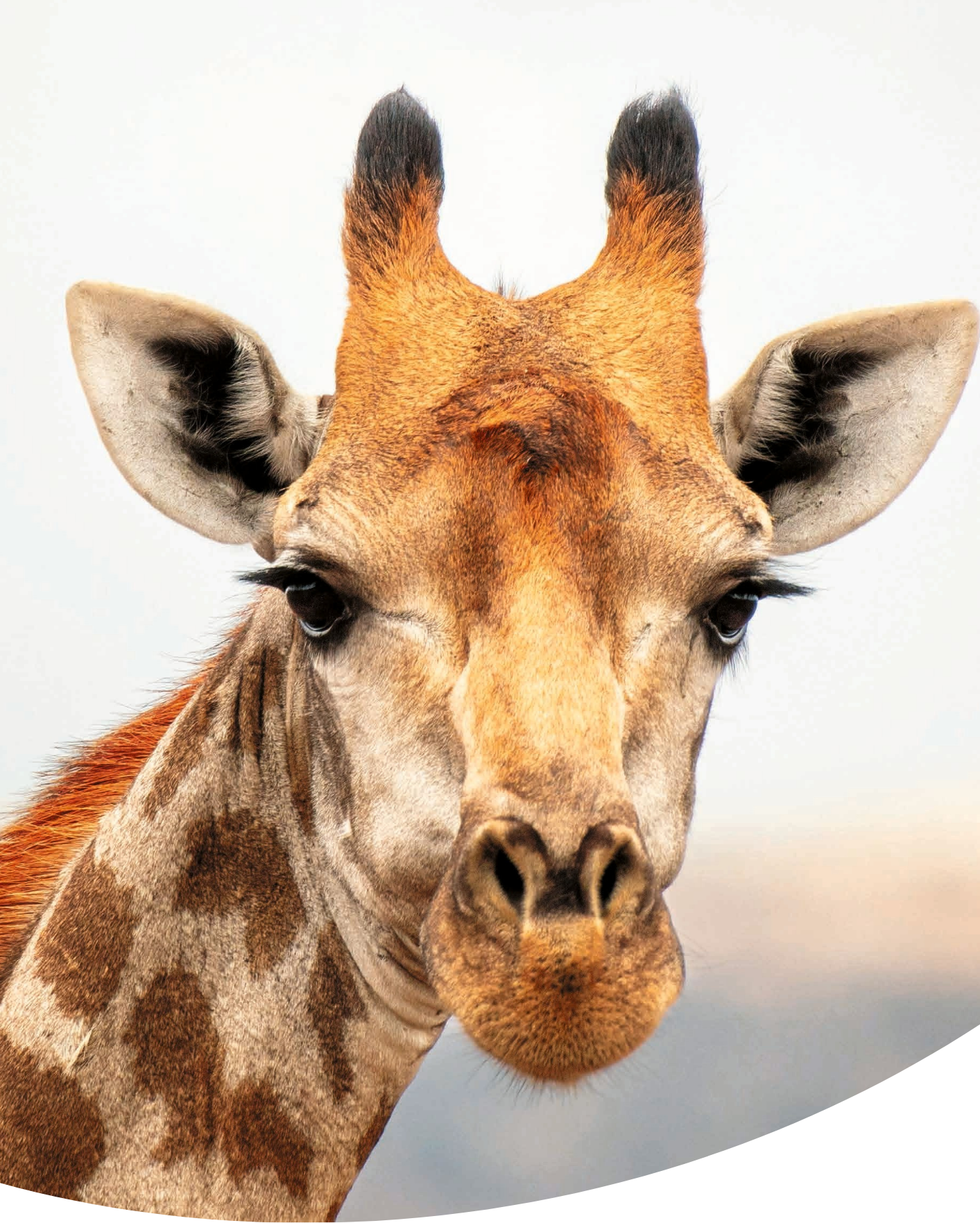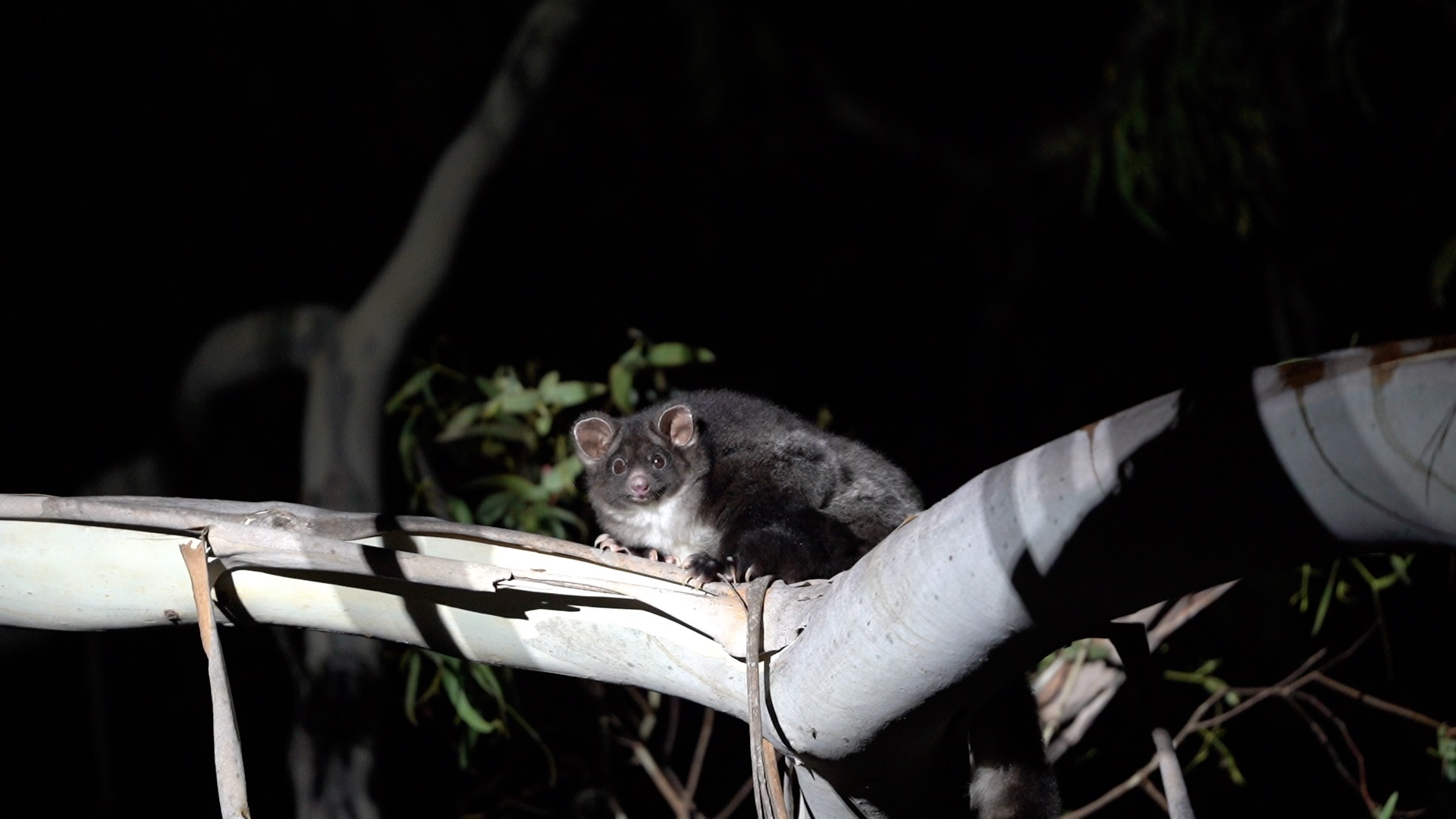Find out more about our work on federal environment reforms, the recent victory in protecting whale sharks, an update on our partner projects and lots more.
Two year anniversary of promise to ban ivory trade
This World Elephant Day on the 12th of August, conservation organisations Humane Society International, International Fund for Animal Welfare and the Born Free Foundation are calling on Australia to pull its weight in the global effort to save elephants from further risk of extinction. This August marks two years since Australia promised the international community it would close down its domestic ivory and rhinoceros horn markets, yet they remain open for business.
Demand for ivory is driving elephant poaching across both Africa and Asia, and there are serious concerns that elephants may become extinct within just a few decades. The African forest elephant has been declared as Critically Endangered, and both the Asian and African savannah elephant as Endangered, according to assessments made for the Red List of the IUCN (International Union for Conservation of Nature).
The UN Convention on International Trade in Endangered Species of Wild Fauna and Flora (CITES) has banned commercial trade in elephant ivory across international borders since 1989 but, more recently, in order to ensure the ban is effective and to protect elephants everywhere from the scourge of poaching, all countries with a domestic market contributing to poaching or illegal trade have also committed to close down domestic trade within their borders with urgency. Australian federal, state and territory governments need to work together to make this happen without further delay.
Humane Society International, Head of Campaigns, Nicola Beynon said: “African elephants lost 96% of their populations in the last century and rampant ivory poaching is continuing in this one. If elephants are to survive this century, every country has to do their bit. Australia must not be a loophole in the global effort to stamp out the ivory trade”.
Rebecca Keeble, Oceania Regional Director, International Fund for Animal Welfare: “Australian governments are committed to clamping down on the domestic trade in ivory and rhino horn. Now they need to move from words to action and legislate. The iconic elephant’s conservation status cannot afford any further delay.”
Gabriel Fava, Born Free Foundation: “China, the UK, Singapore, Taiwan, Hong Kong and the US have all either legislated or are in the process of legislating against their domestic ivory trade. The pressure is on countries like Australia, New Zealand, Canada and Japan to follow suit”.
The conservation organisations are calling for timetabled commitments to introduce legislation to ban trading in ivory and rhino horn in every jurisdiction in Australia. We hope to be able to celebrate World Elephant Day on the 12th August for many decades to come.
History of the issue in Australia:
- September 2016 IFAW released “Under the Hammer” a report detailing a nine month investigation into trade of ivory and rhino horn products in Australian and New Zealand Auction houses showing there was a flourishing domestic market.
- December 2016 – Leonard Joel becomes the first Australian auction house to adopt a voluntary policy to ban sales of ivory and rhino horn.
- Australia’s domestic ivory and rhino horn trade was the subject of a parliamentary inquiry in 2018 which recommended the Commonwealth, states and territories, through the Council of Australian Governments, develop and implement a national domestic trade ban on elephant ivory and rhinoceros horn.
- Federal environment minister, Sussan Ley, committed to a domestic ban on ivory trade and rhino horn at the Conference of the Parties to CITES in August 2019.
- Sussan Ley secured agreement from Australia’s environment ministers to take this issue forward in their national meeting in November 2019.
- In 2021 Professor Graeme Samuel said states should legislate against the ivory trade in his review of the Commonwealth Environment Protection and Biodiversity Conservation Act 1999 (EPBC Act).
- In August 2021 Australia’s domestic ivory trade remains legal and Australian auction houses continue to trade in elephant ivory and rhino horn products. Two auctions scheduled for 15th August include Artvisory and Aalders.


